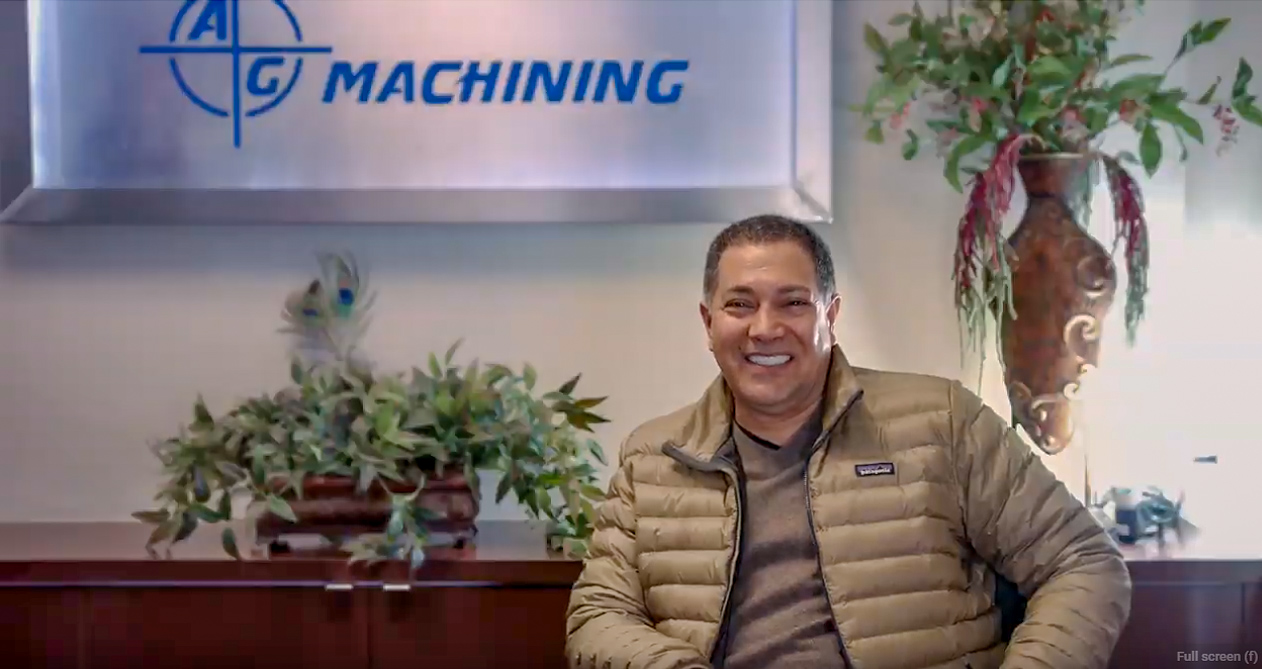Articles & Videos
Merchant Cash Advance (MCA) – Bad for Business?

Both new and established businesses can suffer from cash flow problems occasionally and need to access funding to help them through those times when monthly expenses outweigh cash-on-hand. Securing small business finance shouldn’t be an issue in itself, however many businesses won’t qualify for a bank loan because of lack of time in business or poor credit rating. Time is of the essence when you need to make monthly commitments and if you don’t qualify for a business loan, you might be considering a merchant cash advance (MCA) as a way to generate cash quickly. It’s important to understand what an MCA is and consider the terms carefully before taking one out.
What is a Merchant Cash Advance?
A merchant cash advance (MCA) is a fairly unique financial solution where the lender issues a one-time, lump sum payment and takes a percentage of your card sales to repay it over time – think of it simply as an advance on your monthly sales.
You may be able to borrow between a thousand to hundreds of thousands, the amount you’re approved for will depend on your usual volume of transactions and the repayment term is generally shorter than a loan, up to 18 months.
One of the primary ways an MCA differs from other forms of financing is that repayments are deducted directly from your bank account on a more frequent basis, typically daily or weekly until the loan is repaid. The lender gets paid by taking a percentage of your daily or weekly sales and this percentage is based upon your ‘factor rate’. The factor rate is a scale they’ll assign between 1 and 1.5 and the better your business’ credit score the lower the factor rate, meaning you will repay less over the agreed term.
How is Factor Rate Calculated?
Once the MCA lender has completed its risk assessment on an applicant, the factor rate will be set. If you’re applying for the first time, the factor rate can sometimes be confused with interest rate, which is an entirely different thing. MCAs use their own algorithm to set a factor rate which is put in place at the start of the loan and is fixed, unlike an interest rate that can fluctuate over the course of the agreement.
As an example of what you would be expected to repay in total on the cash advance, you would calculate it as the amount of the advance multiplied by your factor rate, so if you’re getting a $50,000 advance and your factor rate is 1.3, your total amount to be repaid would be $65,000 ($50,000 x 1.3).
At first glance, this seems reasonable but the average time to repay on an MCA is eight or nine months plus there will be other costs to take into account over and above the basic repayment on the advance itself. To get a view on the true cost of borrowing it’s essential to delve further and work out what the APR of the MCA is so that you can compare it to other financial solutions. The shorter the period to repay, the higher the APR so you need to be able to compare ‘apples to apples’.
If you had the time to compare the true cost of an MCA across its term (APR) to the interest rate on a standard loan (or the MCA lender was obligated to inform you which they’re not), the amount of APR would always be a bigger, more daunting amount on a merchant cash advance compared to a loan or alternative finance solution.

Pros and Cons of an MCA
The advantages of MCA borrowing center around speed and ease of approval…
- Fast approval and funding
The application process is simpler than that of a traditional loan with minimal paperwork required and funds may also be available within just a few days.
- Your assets are not used as collateral
Unlike other finance, MCAs don’t require you to put up your assets as collateral.
- Good for startup businesses and those with mediocre credit scores
Poor credit and a short time in business does not prevent you from getting an MCA. Payments are based on the sales you make so will fluctuate accordingly; in this way it can be a more flexible solution than a bank loan. MCA lenders will usually expect a minimum credit score of 500.
Disadvantages of an MCA…
- High-interest for businesses already struggling
More often than not, it’s businesses that have a credit score on the lower side that resort to this type of funding. As the cost of borrowing is higher for these companies, they will end up repaying more than others and can expect to be on the higher scale of the lender’s typical 10-20% fee on each transaction and incur an APR of 50% plus;
- An MCA does not allow you to build or rebuild credit
The payments you make under an MCA are not reported to the credit bureaus so even if you make all your payments on time, this form of lending won’t assist in building credit score for a new business owner or rebuild a bad credit score stemming from past financial challenges.
- MCAs can lead to more serious cash flow problems
Unfortunately, a merchant cash advance can signal the start of more serious cash flow problems for many businesses. If the company is already in distress and unable to meet monthly outgoings, it’s likely that the daily or weekly payments to an MCA lender will become onerous too. Many businesses will then take out further MCAs or other high interest debt finance to meet their obligations. An MCA lender could have appended inequitable fees and charges to the contract for missed payments and it’s clear how a business could be sent into a downward spiral of debt.
- MCA lenders are unregulated
As they’re not regulated in the same way as banks are, MCA lenders may not be as receptive to working with the debtor on a repayment solution, should they miss payments or default. Although the advance is not secured on business assets, borrowers are often asked for a personal guarantee; in a worst case scenario then, the borrower’s personal assets may be at risk.
- Imposed terms of business
Because the merchant cash advance company is paid on your business’ credit and debit card transactions, they could impose terms on how your business operates so that you can no longer offer the customer an option to pay cash for example. It might also mean that you get locked in with a payment processor for the term of the MCA agreement.
- No incentive for early repayment
With a business loan, you can usually reduce the interest you pay back by repaying the loan early. With an MCA, it’s actually the opposite, paying it back earlier results in a higher APR as essentially, they’re not going to earn anything more from your transactions going forward.
Are Merchant Cash Advances a Good Idea for Small Business?
A merchant cash advance can serve a purpose for small businesses who need a lump sum of cash to improve working capital in the very short-term and are confident they can repay it within the agreed timescale. An MCA may be a convenient form of credit but the borrower ultimately pays for this convenience with extremely high interest, charges and fees.
Complex contracts and difficulty in calculating the cost of borrowing compared with other finance can make it difficult to make an informed decision. Business owners should exhaust all other options before turning to a merchant cash advance. MCA agreements are commonly misunderstood and entered into at a time of great financial pressure. For businesses already in distress, an MCA can force them into a cash-debt spiral that they cannot return from.
If you’re looking for a way to finance your business that will support better long-term cash flow and help improve financial strength for the future, there are no doubt more suitable options. Accounts receivable financing is an option available to those with bad credit or new to business, which doesn’t incur more debt and allows the borrower to build credit and get back on track.
Sallyport helps many clients who need to alleviate cash flow challenges quickly, regularly turning around new applications within days. Reach out today and ask how we can put your hard work securing orders to work for you, when you need it.
Search
News
$1M Funding Fuels Agri-Business Growth Across Borders
Sallyport is pleased to announce a new partnership with a Canadian agriculture business, providing a $1,000,000 Accounts Receivable facility to…
Read MoreFueling EdTech Growth with $5.5M in Tailored Financing
Sallyport is excited to support a forward-thinking education technology company with a $5.5M combined Asset-Based Lending facility, including Accounts Receivable…
Read MoreArticles
Invoice Factoring Vs Invoice Financing: What’s the Difference?
There’s a lot of confusion among small business owners who are new to accounts receivable finance about the differences between…
Read MoreHow Can Staffing Agencies Manage Labor Shortage?
It is becoming increasingly difficult for staffing agencies to meet the demands of clients by finding top talent. Many companies…
Read MoreVideos
AG Machining Client Testimonial
AG Machining Client Testimonial
View NowThe Most Financial Time of the Year
Sallyport commercial finance’s Annual Holiday Music Video!
View Now



